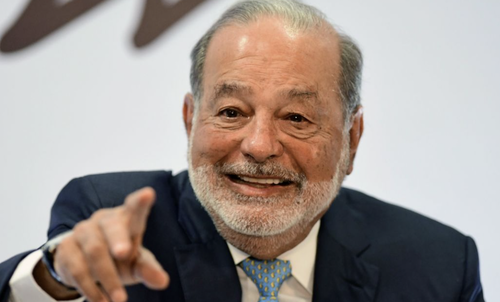Pentagon Launches Fresh Assault On Houthis In Yemen Ahead Of 2025
The war in Yemen and the Red Sea continues to intensify, following several ballistic missiles launched on Israel by the Iran-backed Houthis last week and this month. The pattern is that for whatever the Western coalition throws at the Houthis in terms of bombing raids, the militant group only intensifies its assaults.
The Pentagon announced Tuesday that forces under US Central Command (CENTCOM) have launched fresh attacks on Yemen after the Houthi militants targeted American warships and commercial ships earlier the same day.
US Navy ships and aircraft conduced the new attacks, striking Houthi-controlled coastal regions of Yemen, according to the CENTCOM statement.
American warplanes had destroyed “seven cruise missiles and one-way attack UAVs over the Red Sea,” the statement continued. “There were no injuries or damage to U.S. personnel or equipment in either incident,” it said.
Houthi spokesman Mohammed Abdulsalam denounced the strikes as “an American aggression” and “a blatant violation of the sovereignty of an independent state and a blatant support for Israel.”
CENTCOM has justified the new action as necessary “to degrade Iran-backed Houthi efforts to threaten regional partners and military and merchant vessels in the region.”
Earlier on Tuesday the Houthis had also launched two more missiles at Israel. These direct attacks on Israel out of Yemen are coming almost daily at this point, and Israeli forces have also stepped up aerial attacks on Yemen in coordination with the Western coalition in the Red Sea.
Just days ago, on Thursday, Israel conducted some of the largest attacks on Yemen to date, hitting the international airport in Sanaa and other facilities.
But the Houthis have clearly remained undeterred. Short of a full-scale ground invasion, these Western coalition aerial attacks are unlikely to do anything but prolong the war, which the Houthis say is a response to the Israeli occupation of the Gaza Strip.
CENTCOM Forces Strike Multiple Houthi Targets in Yemen
U.S. Central Command (CENTCOM) forces conducted multiple precision strikes against Iran-backed Houthi targets in Sana’a and coastal locations within Houthi-controlled territory in Yemen, Dec. 30 and 31.
On Dec. 30 and 31,… pic.twitter.com/XUKtsZM1U7
— U.S. Central Command (@CENTCOM) December 31, 2024
But Prime Minister Netanyahu has also said he won’t relent. “We will continue to crush the forces of evil with strength and ingenuity, even if it takes time,” he said this past weekend after a Saturday Houthi attack incident had wounded 16 Israelis.
“We are determined to cut off this terror arm of the Iranian axis of evil. We will persist in this until we complete the job,” the Israeli leader said, strongly suggesting a series of more attacks on Yemen to come.
Tyler Durden
Tue, 12/31/2024 – 21:00
via ZeroHedge News https://ift.tt/pZVUzIj Tyler Durden



